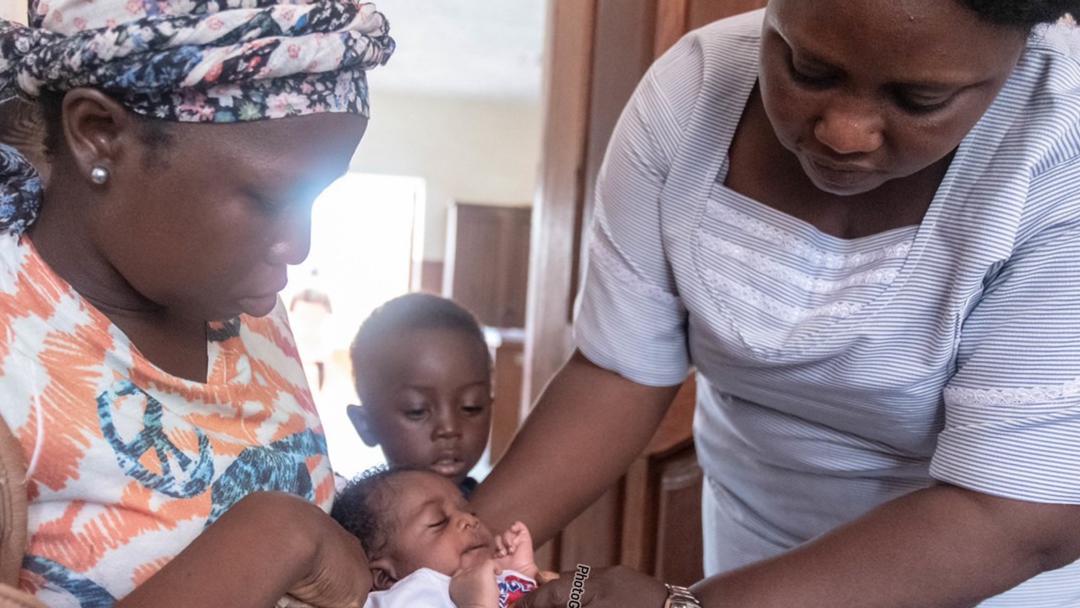Freetown ‒ Sierra Leone has one of the highest rates of maternal mortality in the world, with 717 mothers dying annually for every 100 000 live births as of 2019 (DHS, 2019). One of the primary contributing factors is delayed first visits to health facilities by mothers-to-be. Provision of quality preconception, antenatal, intrapartum and postnatal care to all mothers in also inequitable. High out-of-pocket expenditure for accessing basic care, as well as inadequate delivery of patient-centered care at both primary and secondary levels, compound the challenges.
[whatsapp_group]
Dr Austin Demby, Sierra Leone’s Minister of Health and Sanitation, has appealed to world leaders to support the nation in its efforts to reduce maternal and infant mortality, saying that “every case of maternal mortality constitutes an emergency” for his Ministry. “Every case of pregnancy counts just like every case of Ebola Virus Disease counts. We want to apply the same principle in counting every pregnancy and tracking it,” he says, adding that despite the challenges, notable progress.
WHO is coordinating with other UN agencies and partners to offer strategic support to the Ministry of Health and Sanitation (MoHS). WHO provided technical and financial support to develop the national Reproductive, Maternal, Newborn, Child and Adolescent Health Strategy, and supported the adaptation and roll out of Integrated the Obstetric Care Guideline, including preconception care, WHO antenatal care (ANC) recommendations, and intrapartum and post-natal care.
Technical support provided by WHO was instrumental in the development and roll out of safe abortion and post-abortion care guidelines, including self-care intervention for Reproductive maternal, newborn, child and adolescent health (RMNCAH). WHO also provided medical equipment and supplies, technically supported the review and updating of guidelines and trained health workers on their use, which improved access to quality emergency obstetric care.
WHO has also been supporting the Health Ministry to strengthen the system for maternal death notification, investigation and response (MPDSR), including the development of the Safe motherhood and reproductive health bill, which is currently in Parliament for enactment.
There are also ongoing efforts to build resilient and stronger health systems through transforming existing Hospitals and Peripheral Health Units (PHUs), capacitating them to offer comprehensive patient-centered quality services across the life stages and continuum of care, availing and retaining competent and skilled health personnel, and empowering communities, women and girls, improving healthcare infrastructure, and addressing health financing mechanisms, among others.
These combined efforts and ongoing comprehensive measures have yielded positive results. To date, many women within the community seek health care services consistently throughout all stages of pregnancy, with more than 80% of deliveries taking place in health care facilities by skilled birth attendants. This is up from 54% in 2010. Sustaining and further expanding these initiatives will have a positive impact on maternal and child health, fostering healthier communities in the longer term.








